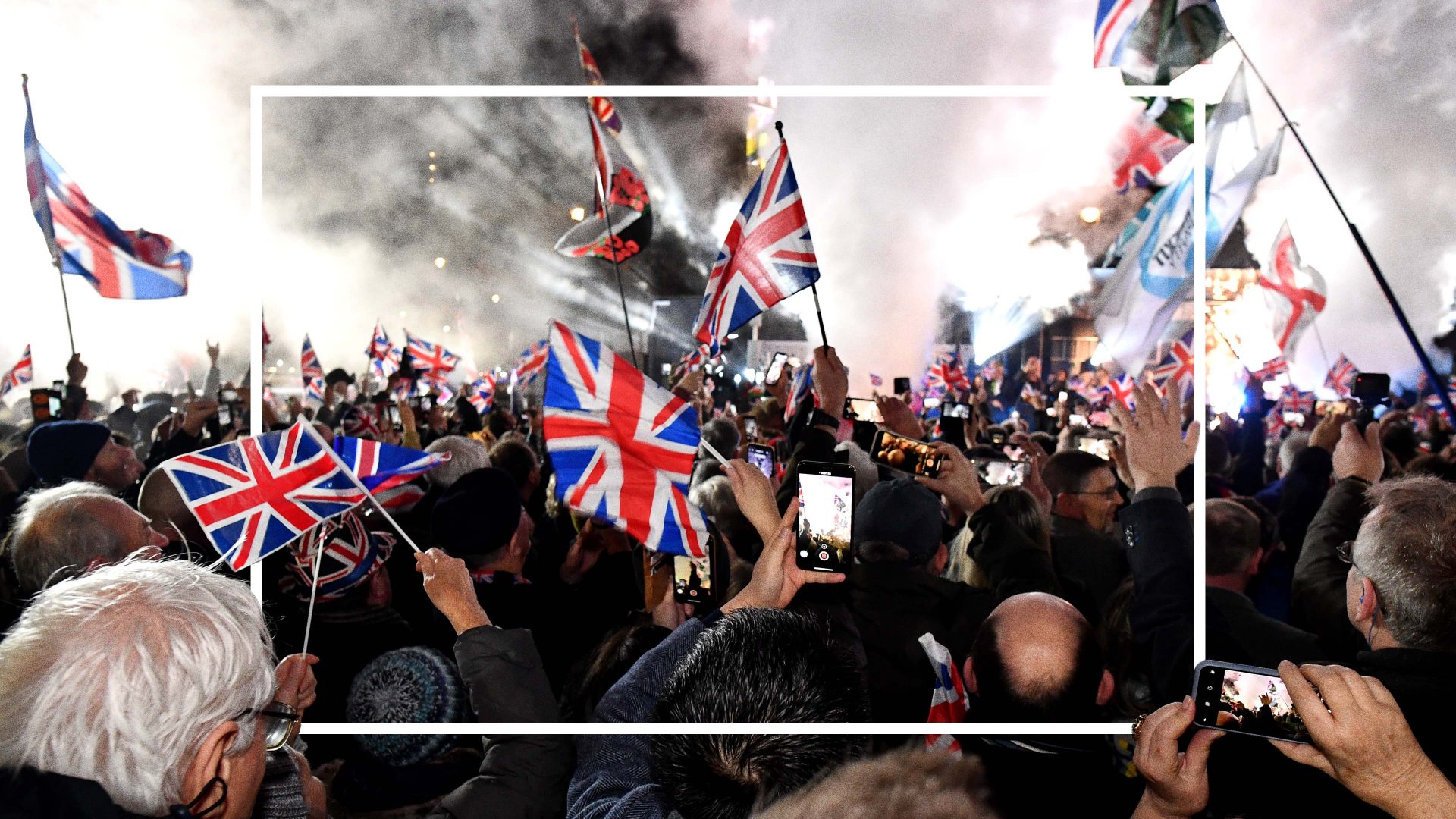The task we face as new co-presidents of the European Movement UK is huge. Brexit is not a geopolitical position that is beneficial, or even safe, for Britain to stay mired in. Every day, being outside the European Union causes our citizens and businesses added financial costs, extra paperwork, youth restrictions, damaging environmental deregulation, political limitations and government headaches.
The public at large knows this. But just knowing it is not a sufficient condition for meaningful action. Our government is clearly still traumatised by the 2015-2019 period and frightened by fear of press criticism and losing support to Reform. The resulting political paralysis is both debilitating and dangerous.
This is where we need to rediscover and reimagine our common European purpose, forged after World War II to bring peace, collaboration, and opportunity and rights for all Europe’s citizens. We know the good it has created, but what does it look like for the future?
When it comes to the climate crisis, the environment, food standards, artificial intelligence, energy, peace and defence and more, Britain and Europe share very similar needs, values, and aspirations. There are potentially worthy and inspiring visions of our future to be woven through co-operation.
That’s not to say the EU doesn’t face its own challenges: hard right populist governments are now in power in over a quarter of member states; France and Germany look increasingly unstable. Yet that is precisely an argument for us to engage, use our influence, and help to make both the EU and ourselves more resilient to the growing economic, security and climate threats.
The European Movement UK is ready to lead the campaign to make this happen. We have a remarkable history – including the presidency of Lord Heseltine, whom we succeed, and who now becomes one of our patrons – and we are setting our sights on an equally exciting future too. With a bold new strategy of “Reset, Reimagine, Rebuild, Rejoin” we make explicitly clear what we are campaigning for and the scale of the influence that as an organisation we intend to forge.
It may be ambitious, but we start from a very robust foundation. This cross-party membership organisation now has around 24,000 members, over 100 local groups, a dedicated staff of over 20 with offices in Westminster, and affiliated organisations of the European Movement, Wales for Europe and the European Movement in Scotland. We are also strengthening our parliamentary presence by recently establishing, and acting as secretariat for, the All-Party Parliamentary Group (APPG) on Europe, co-chaired by Dr Rosena Allin-Khan MP and Lord Kirkhope.
The European Movement has a unique political heritage. Formed in 1948 by Winston Churchill and Western European colleagues, its purpose was to write the blueprint for a united Europe bonded by peace, shared economic interests and common values. Right from the outset, it was not just “a market”, but a vision for developing European political and social cohesion.
The following year, the European Movement presented the newly-formed Council of Europe with a draft Convention on Human Rights (ECHR), complete with a court to enforce it. At first, the British government baulked at the ECHR with its proposed inclusion of a court and rued that they had let the British lawyers of the European Movement proceed with it unsupervised. However, the UK ultimately became the first signatory of the ECHR.
Also in 1949, the British Chapter of the European Movement constituted itself in parliament as a cross-party group which later changed its name to European Movement UK. The organisation became a driving force for the UK’s entry into the European Communities (EC) and led the 1975 landslide referendum victory to stay in.
In the 2016 referendum, David Cameron wanted to build and lead the Remain campaign, leaving EMUK on the side. However, EMUK found its place again in the umbrella organisation of the People’s Vote campaign as a facilitator of the involvement of local pro-European groups around the UK, which notably came together for mass marches. Although the 2019 general election led to Brexit, nevertheless, European Movement UK inherited the vast majority of the community structures from the People’s Vote campaign and has regrown fast as disillusionment with Brexit has spread. Currently, it is larger and stronger than at any point in the last 50 years.
But if we’re ultimately to rejoin the EU, we’ll need to bring former Leave voters with us. That means acknowledging the mistakes that were made in the Remain campaign, where Project Fear too often won out over Project Hope, and where tolerance and respect were frequently replaced by arrogance and condescension.
As former MPs from the Conservative and Green parties, we recognise between us the breadth of society with which we must engage to make a unifying case in which everyone feels as though they have a personal part. But therein lies the beauty too, because if we want to bring the whole of society with us in a vision of our European future, then we must build a campaign that speaks to all parts and all nations of our wonderfully diverse and multifaceted country.
We cannot think of any organisation other than European Movement UK that has the sheer capacity for such breadth and depth across our four nations in order to pursue such a mission. This is what we want to harness: now is the time to set out our case, and we look forward to engaging as widely as possible in creating that future.
Caroline Lucas and Dominic Grieve are co-presidents of the European Movement. Join EMUK here









